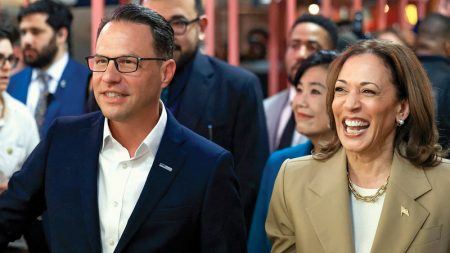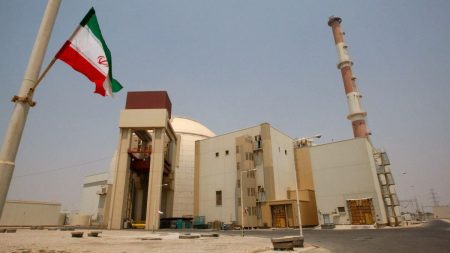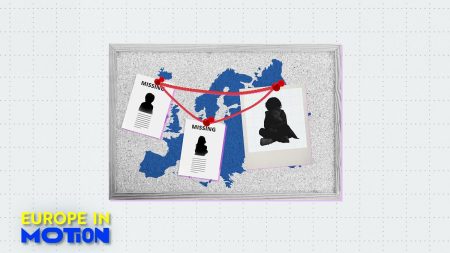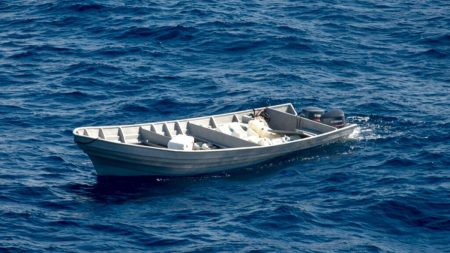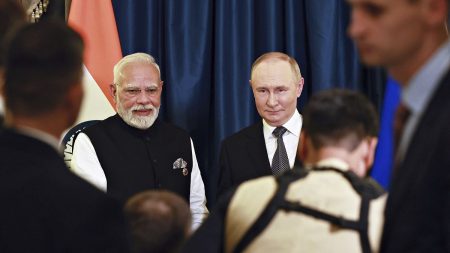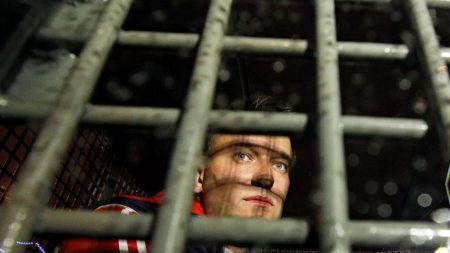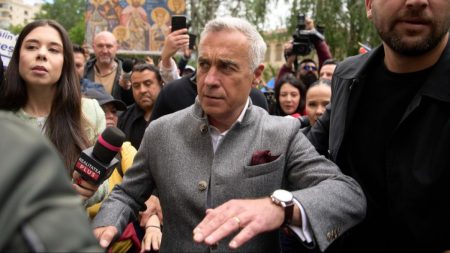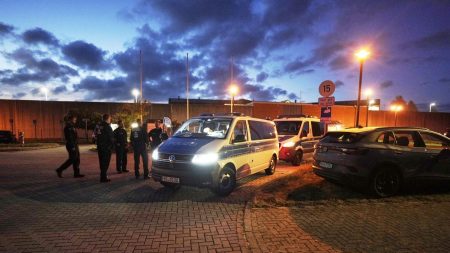Summarize this content to 2000 words in 6 paragraphs in Arabic This article was originally published in Italian
Turkey has a major role in Syria’s reconstruction, and transport investments like railway links are on the agenda although Gulf money may prove vital.
ADVERTISEMENTSyria’s future hangs in the balance after the toppling of authoritarian ruler Bashar al-Assad last month, with optimism for peace and democracy tempered by fears of how social and political cohesion can be restored in the deeply fragmented country.The European Union and its regional interlocutors — Turkey and the Gulf monarchies — are engaging with Syria’s new leaders, Hayat Tahrir al-Sham (HTS) to encourage a peaceful and inclusive transition and avoid the breakout of a new civil war. “Decisions taken now will determine (Syria’s) future in the years to come,” UN Secretary General’s Special Envoy for Syria Geir Pedersen said on Thursday. “There are great opportunities and real dangers ahead, Syria and the UN must act appropriately in view of the next phase.”Massive investments in infrastructure by the international community could help stabilise Syria after 14 years of civil war, and Turkey is set to be a key player in such development.Syria, a new transport hub in the Middle East?The Mesopotamian country is in urgent need of infrastructure such as railways, airports and roads to maintain the cohesion of the country and ensure the distribution of basic necessities for people and businesses.”The important thing at this stage is to distribute the aid to all territories in Syria in the most effective way,” a European Commission source told Euronews.Turkey, which for years backed the rebels seeking to topple al-Assad, has emerged as one of the biggest winners of the new reality — and has a potentially decisive role to play in shaping Syria’s future for various geographical, political and economic reasons.Over the past three decades, Turkey’s extensive construction and infrastructure companies have proven their effectiveness in former Soviet countries, the Balkans and the Levant, becoming versatile tools for President Recep Tayyip Erdoğan’s “near abroad” ambitions.According to the recent declarations of the institutional leaders of Turkey, the EU and the Gulf countries, a Syrian territory with clear sovereignty guaranteeing its cohesion is inevitably part of this scheme.Ankara is in close contact with and shares a degree of mutual trust with the HTS rebel group, which is leading the current transitional government in Damascus and says it has broken with its jihadist past.Yet Syria is not yet at peace. There are frequent firefights between factions in the north and east of the country, and occasional incursions of the Israeli Defence Forces (IDF) into the south, even beyond the Golan Heights area.The Turkish construction powerhouseTurkey has two objectives: in the near term, to eliminate the threat of the Syrian Kurdish factions on its southern border, and further ahead, to increase its political influence throughout the region by becoming the go-to interlocutor for the EU.Road infrastructure is therefore essential as a catalyst for regional integration and trade, two key elements of Brussels’ neighbourhood policy, which governs the EU’s relations with 16 of the bloc’s closest eastern and southern neighbours, including Syria. Turkish Transport Minister Abdulkadir Uraloğlu recently announced a government action plan for rehabilitating ports, airports, railways and bridges in Syria.ADVERTISEMENTThis includes plans to rehabilitate sections of the 1750-kilometre historic Hejaz Railway in Syria — built between 1900 and 1908 — that ran from Istanbul to Medina, according to Turkish media.While Sultan Abdulhamid II of the Ottoman Empire envisaged the train line reaching Mecca, Ankara appears more pragmatic for now. “However, at the moment it is essential to reach Damascus,” Uraloğlu said.Luigi Narbone, Director of the Mediterranean Platform at Luiss University in Rome, explained to Euronews why Syria is an essential element of Turkey’s national interest at this pivotal moment. ADVERTISEMENT”Due to its location straddling the Gulf and the Mediterranean, (Syria) can serve Turkey to realise geoeconomic ambitions, placing it at the centre of a series of links between the Gulf region and the Mediterranean,” said Narbone, a former head of the EU delegation in Saudi Arabia and diplomatic representative in Qatar and other Gulf monarchies.Gulf money could prove keyTurkish engagement in Syria will require significant investments and financial resources that might be out of reach due to the hyperinflation and public debt stifling its economy.”Economic fragility is one of the limits to achieving Turkey’s regional ambitions,” Narbone said. “It is important for it to secure economic and financial support especially from Qatar and also from other Gulf countries. Projects like the railway are perhaps a prodrome of something more important (for the region).” The Gulf monarchies are also undergoing major railway development projects, which have whetted the appetites of big European industries.ADVERTISEMENTIn Saudi Arabia, the Saudi Railway Company has presented a 30-year investment plan to build an extensive rail transport network.Qatar, Oman and other countries with petrodollar-rich sovereign wealth funds have also decided to focus on the development of trains. Since the 19th century, rail networks have been a driving force for regional integration but sometimes also a cause of conflict.A new regional integration?If Ankara’s railway ambitions for Syria were to become reality, in the future the Arabian Peninsula would be connected with high-speed tracks — thanks to the Syrian territorial platform — to the Mediterranean, to Turkey, and therefore to the vast corridor between India, the Middle East and Europe (IMEC), which is also known as the “Cotton Road”. The project is supported by the US, in competition with the Chinese Belt and Road Initiative, and is based on a combination of rail, road and air infrastructure.ADVERTISEMENTIn fact, the Turkish government has announced that Syrian reconstruction will start from Damascus airport, where the first scheduled international passenger flight operated by Qatar Airways landed on Tuesday.”We have worked hard to rebuild and reactivate the airport with the help of our brothers in Qatar,” said Ashad al-Suleibi, chairman of the Syrian Air Transport Authority.Also last week, a Syrian official told state news agency SANA that the country will receive two electricity-generating ships from Turkey and Qatar to increase energy supplies that were reduced by damage to infrastructure during al-Assad’s rule.The international community wants to avoid the mistakes made in Iraq some 20 years ago, according to Narbone.ADVERTISEMENT”Relaunching the administrative machinery is crucial for reconstruction,” he said. “It is also crucial to ensure a peaceful coexistence, a reconciliation process, and to avoid the mistakes of dismantling an apparatus that is key in such a delicate transition phase.”
rewrite this title in Arabic Syria’s road ahead: How transport infrastructure could be the key to stability
مقالات ذات صلة
مال واعمال
مواضيع رائجة
النشرة البريدية
اشترك للحصول على اخر الأخبار لحظة بلحظة الى بريدك الإلكتروني.
© 2025 جلوب تايم لاين. جميع الحقوق محفوظة.






